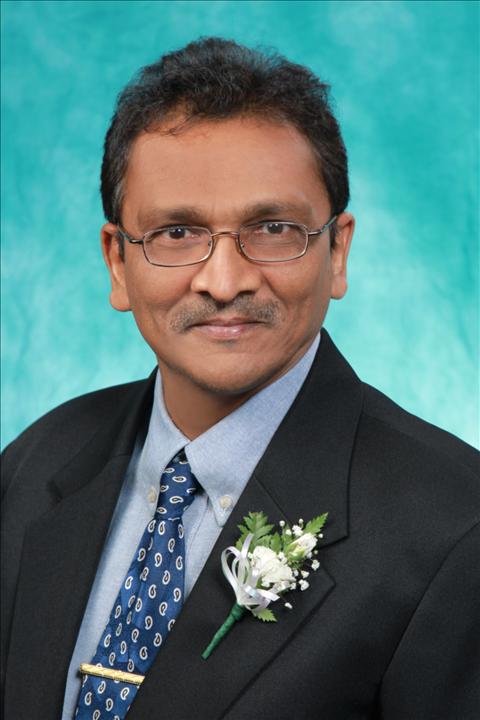 The first observation that I like to make about ‘Traditional Medicine and Women Healers in Trinidad: Postnatal Health Care’ is that it is a Labour of Love.
The first observation that I like to make about ‘Traditional Medicine and Women Healers in Trinidad: Postnatal Health Care’ is that it is a Labour of Love.
Love in the sense that Dr Kumar Mahabir’s care and respect for the practices he documents and the women who so generously carry and reproduce them in the face of innumerable obstacles.
It is refreshing to read social scientific work in which the author so clearly cherishes the people with whom he works.
This work is also a Labour of Love in the sense that Dr Mahabir has meticulously documented a range of ethno-medical ideas and practices that have become marginalised, but not recessive among Trinidadians.
These practices are deeply connected with Hinduism and yet reach well beyond the Hindu sphere, not only to Indo-Trinidadians of all faiths but also to people of all ethnic and religious backgrounds.
This alone is a noteworthy contribution, but I want to highlight two further points raised by Dr Mahabir’s study that deserve mention: one substantive, and the other theoretical.
 Misleading notion
Misleading notion
Firstly, not all so-called ‘traditional’ practices suffer the same fate under the rise to dominance of biomedicine. Dr Mahabir has shown how various practices have changed differentially through time, as well as how some have remained resilient (such as midwifery and childbirth care in the present case) and which become casualties in the face of biomedicine’s hegemony in our late modern world.
Secondly, the notion that the ascent of Western biomedicine would or should lead to the demise of beliefs or practices stemming from non-biomedical sources (call it the ‘Medical Rationality Thesis’) is itself an outcropping or instantiation of a more general, underlying idea in Western Civilisation since the Industrial Revolution.
This Thesis assumes the course of human history to be ultimately marching in a single, evolutionary direction called ‘Progress’ or ‘Development,’ a notion that not only turns out to be simplistic but also misleading in social, cultural and historical terms.
Science and Rationality
The dominant concept of modernisation also animates what is known as the Secularisation Thesis – the idea that the future of religion is dim and ever fading under the sharp, critical scrutiny of Science and Technical Rationality.
However, anyone paying attention these days can see that the story is different. Religion has hardly disappeared from the world’s Stage and in some cases may have even intensified in counterpoint with other developments.
My own work on ritual and religious practices seen as ‘primitive’ from the ‘establishment’ point of view and therefore, predicted to die-out for many decades now, demonstrates that they, in fact, survive and even flourish at the subaltern level in the southern Caribbean.
They have become globalised and in an important sense, even modernised along with the so-called World Religions and Great Traditions.
Dr Mahabir’s study of ethno-medicine in Trinidad achieves something similar with regard to the complex existential realities of healthcare, childbirth, the problem of medicine and the pursuit of wellbeing in both local and global perspective.
I note the recent reciprocal Memoranda of Understanding between the Indian and Trinidad and Tobago governments regarding the value of developing traditional medicine to meet the demands and challenges of health and healthcare in the 21st century.
These are not only matters of great interest, but also matters of great urgency.
Dr Keith McNeal is a sociocultural anthropologist, currently on a Fulbright Scholarship at the Institute for Gender and Development Studies at the University of West Indies, St Augustine.
Dr Kumar Mahabir is Assistant Professor at the School of Cognition, Learning and Education, University of Trinidad and Tobago.
|
Traditional Medicine and Women Healers in Trinidad: Postnatal Health Care’ By Dr Kumar Mahabir Number of Page 212 RRP US$ 25 Chakra Publishing House Limited San Juan, Trinidad and Tobago Email: dmahabir@gmail.com, kumarmahab@hotmail.com |






